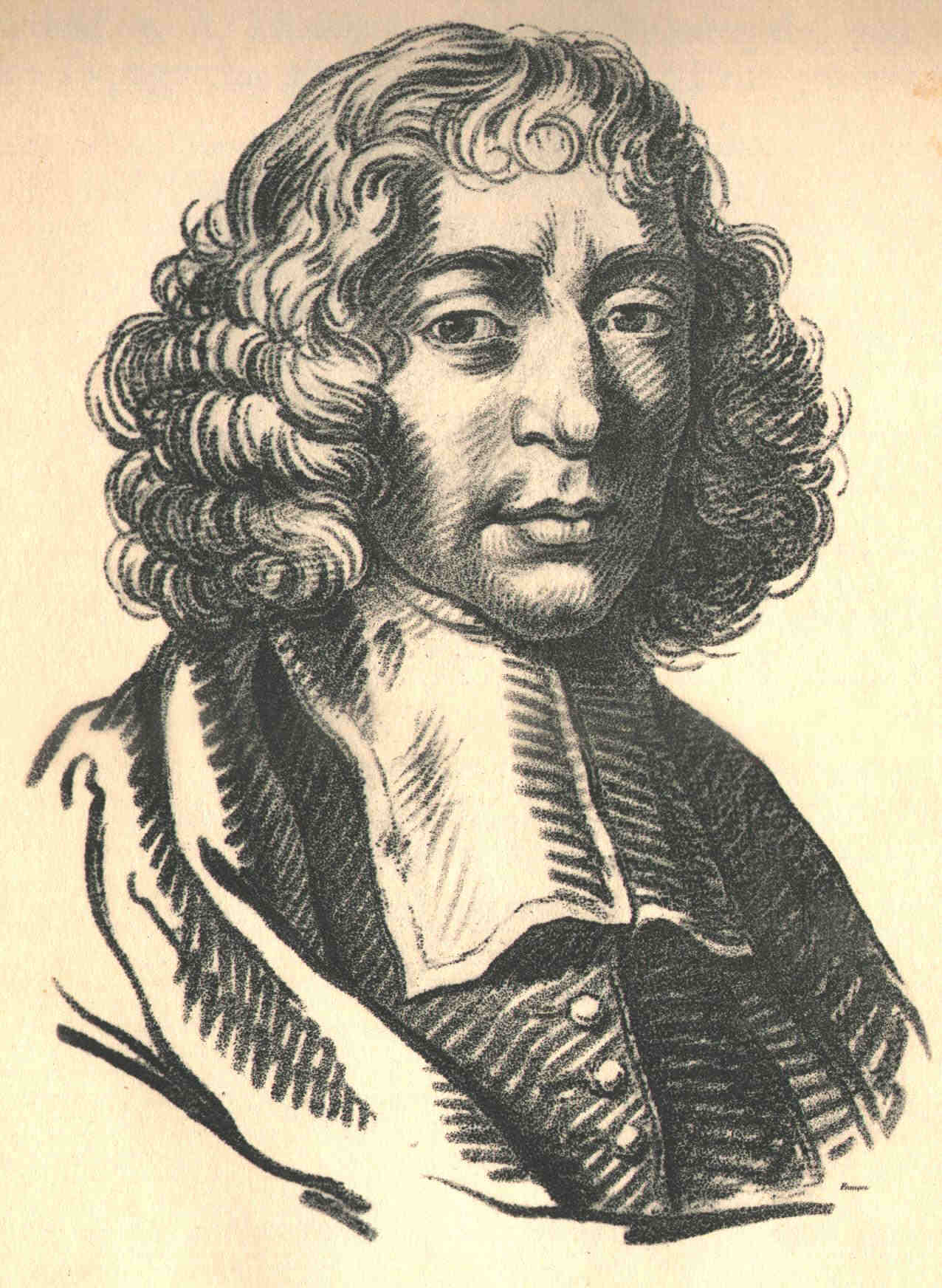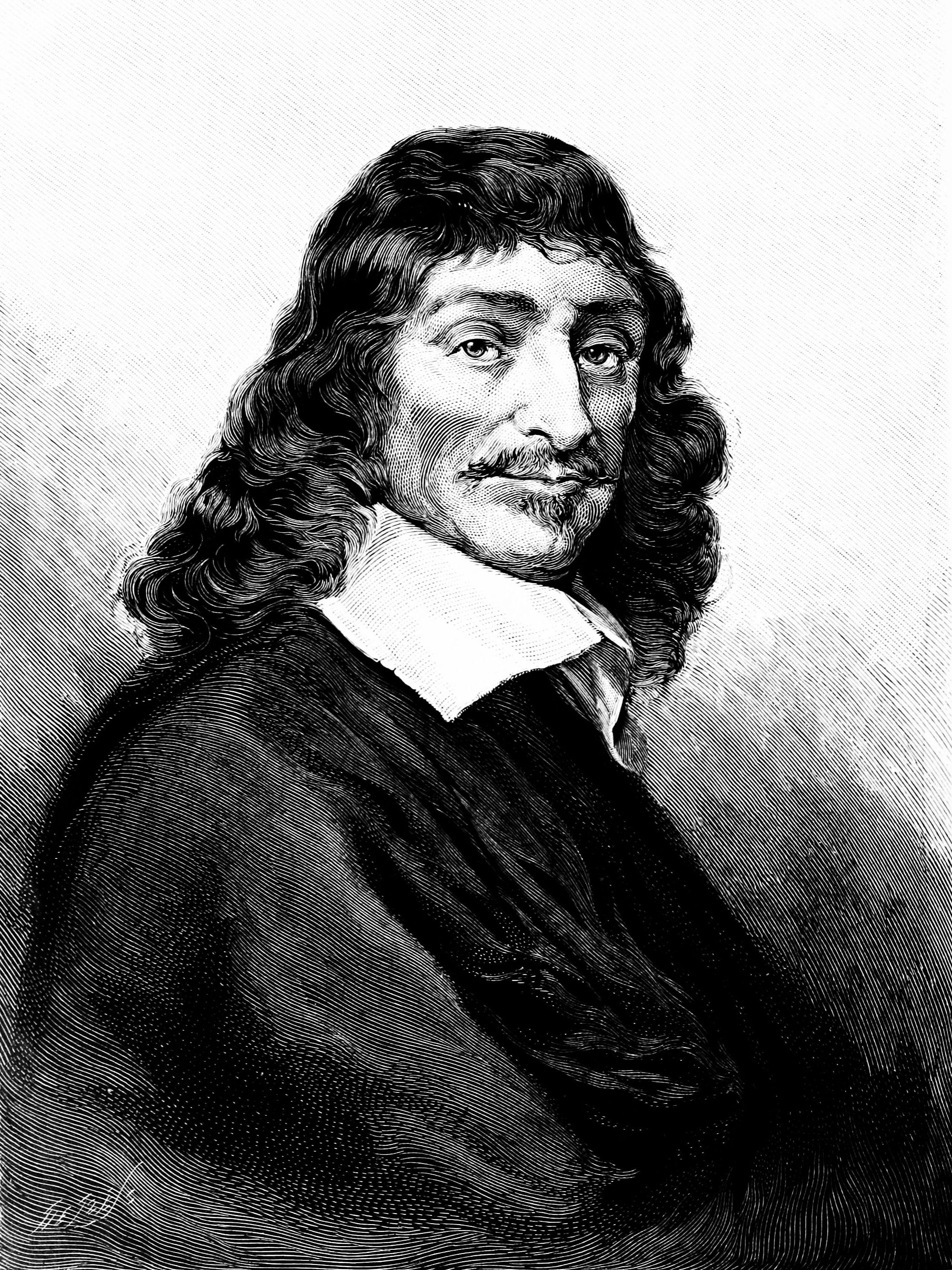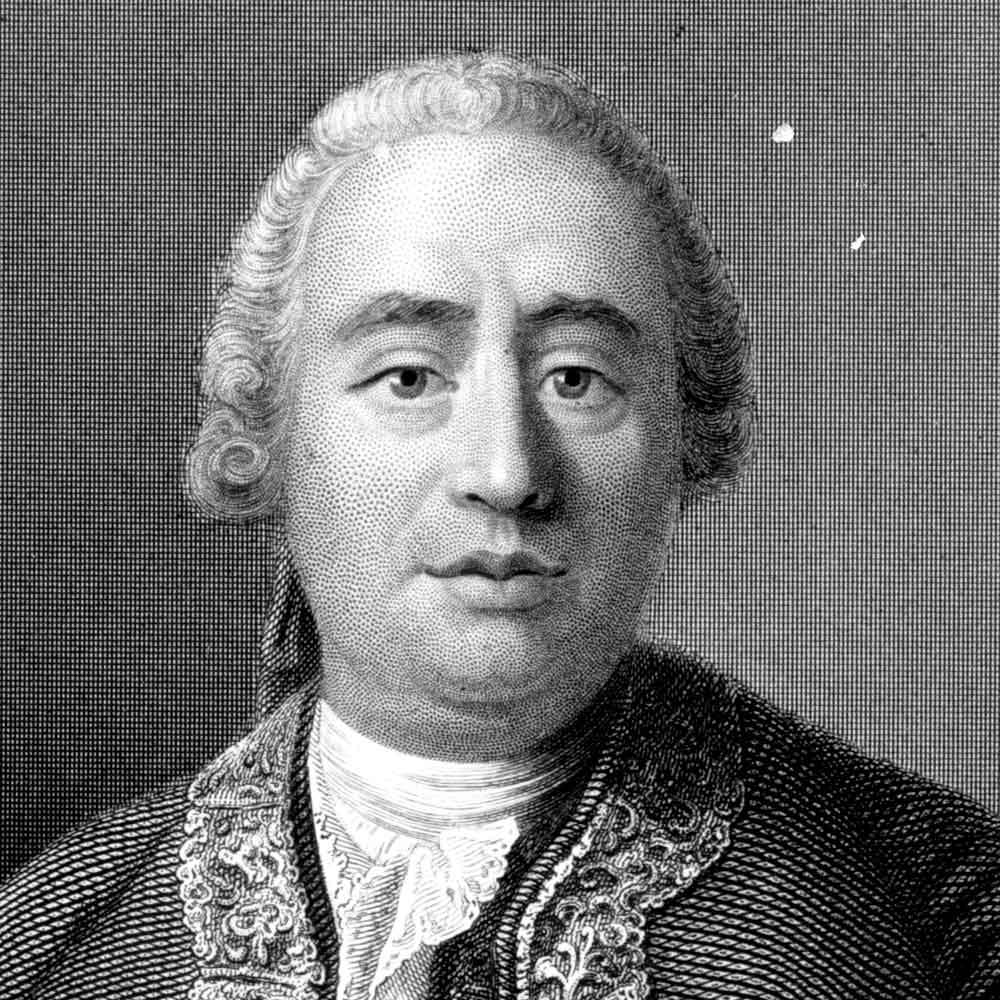Xiaogang Feng: Ji jie hao. 2007 (China)

Feng Xiaogang‘s ‘Ji jie hao‘ is set around the mid 20th century, during the dying years of the long drawn civil war in China fought between the forces loyal to the Communist Party of China and the Kuomintang. To Feng’s credit the film does not follow a straightforward triumphalist narrative about Communist war heroes, but instead builds a complex tale of an individual (Captain Guzidi, played remarkably by Zhang Hanyu) who struggles for the posthumous recognition of the men in his company who laid down their lives on the battlefront. These were soldiers who were terrified and sometimes balked at the clear and present dangers before them – as would anyone – but they made the ultimate sacrifice and, as the only survivor from his company, Captain Guzidi strives long and hard to have their efforts recognized as a unique contribution to the war effort. Like great combat films, ‘Ji jie hao’ ceases to be war porn, and rises above to make a stellar comment on the inhumanity of all wars, and the immorality of taking away lives, in the guise of war. It is also a severe indictment of post-war society and government in China. Watch.




.jpg)
 Adapted from Kōbō Abe’s 1962 novel of the same name, ‘Suna no onna’ (translated as ‘The Woman in the Dunes’) is the piercing vision of a remarkable film artist,
Adapted from Kōbō Abe’s 1962 novel of the same name, ‘Suna no onna’ (translated as ‘The Woman in the Dunes’) is the piercing vision of a remarkable film artist, 



 Love your site Milindo. I was excited to see you displaying my husband’s watermelon carvings
Love your site Milindo. I was excited to see you displaying my husband’s watermelon carvings Your courses were always the best. By the way, just went through a bit of your website. It’s great! Some good stuff in there that I wouldn’t normally chance upon
Your courses were always the best. By the way, just went through a bit of your website. It’s great! Some good stuff in there that I wouldn’t normally chance upon Oldest operating bookstore
Oldest operating bookstore Photo gallery
Photo gallery So glad you enjoyed my photos, really honored to be featured on your blog. thank you sir!
So glad you enjoyed my photos, really honored to be featured on your blog. thank you sir! Photo gallery
Photo gallery great blog :)
great blog :) Milind never told u but u were my first true inspiration….I almost learnt the guitar watching u play…..thanx for being there
Milind never told u but u were my first true inspiration….I almost learnt the guitar watching u play…..thanx for being there You’re a role model sir, such awesomeness !!! :D
You’re a role model sir, such awesomeness !!! :D Just detected your blog: impressive. wishing you continued inspiration and health.
Just detected your blog: impressive. wishing you continued inspiration and health. love ur pics…they are like those moments which u capture in your mind and wished u had a camera right at that moment to capture it…but u actually do capture them :) beautiful…!!!
love ur pics…they are like those moments which u capture in your mind and wished u had a camera right at that moment to capture it…but u actually do capture them :) beautiful…!!! Guitar in your hand reminds me of the MCRC days! You are terrific… :)
Guitar in your hand reminds me of the MCRC days! You are terrific… :) Photo gallery
Photo gallery Photo Gallery
Photo Gallery Never thought I’d say this, but it was the most interesting classes I’ve sat in.. and of course, the day you played Sultans of Swing for us. Hope you continue to influence the next generations with your dynamic yet simple teachings.
Never thought I’d say this, but it was the most interesting classes I’ve sat in.. and of course, the day you played Sultans of Swing for us. Hope you continue to influence the next generations with your dynamic yet simple teachings. Photo gallery
Photo gallery Photo gallery
Photo gallery Photo Gallery
Photo Gallery I was just looking at your website… amazing it is… full of knowledge as always..
I was just looking at your website… amazing it is… full of knowledge as always.. You are awesome :)
You are awesome :) Photo Gallery
Photo Gallery Photo gallery
Photo gallery Its really good to see you Milindo, with such awesome stuff from you as usual.. loved your blog as well!
Its really good to see you Milindo, with such awesome stuff from you as usual.. loved your blog as well! Photo gallery
Photo gallery Absolutely amazing blog – a chest full of treasure.
Absolutely amazing blog – a chest full of treasure. i really like your blog – good interesting stuff as always !
i really like your blog – good interesting stuff as always ! #NowFollowing @Milindo_Taid One of the most influential n interesting mentor from my design school. Always loaded. :)
#NowFollowing @Milindo_Taid One of the most influential n interesting mentor from my design school. Always loaded. :) Photo gallery
Photo gallery OMG its like a painting!! you have taken photography to another level!!!
OMG its like a painting!! you have taken photography to another level!!! We need more teachers like you :)
We need more teachers like you :) Still a fan of your unique and sweet finger strum on acoustic guitar. It made an ordinary guitar sound great. Would just love to see and hear one of those too.
Still a fan of your unique and sweet finger strum on acoustic guitar. It made an ordinary guitar sound great. Would just love to see and hear one of those too. Happy teachers day! Out of all, your teachings n your way of being have really made a big positive impact on me.
Happy teachers day! Out of all, your teachings n your way of being have really made a big positive impact on me. You’ll love this site by the awesome Milindo Taid
You’ll love this site by the awesome Milindo Taid Milindo Taid – ace teacher, rockstar guide to my projects at film school, guitarist and photographer too. Really good human being as well
Milindo Taid – ace teacher, rockstar guide to my projects at film school, guitarist and photographer too. Really good human being as well Photo gallery
Photo gallery Photo gallery
Photo gallery Photo gallery
Photo gallery Photo gallery
Photo gallery hope you’re changing the world as always :)
hope you’re changing the world as always :) Photo gallery
Photo gallery Photo gallery
Photo gallery You are the only faculty member I could connect to!
You are the only faculty member I could connect to! Photo gallery
Photo gallery Photo gallery
Photo gallery Hi Milindo, hope you are inspiring many more around you…wherever you are!
Hi Milindo, hope you are inspiring many more around you…wherever you are! Photo gallery
Photo gallery Grt milindo. eachtime want to check out something good on net…know where to go now!
Grt milindo. eachtime want to check out something good on net…know where to go now! veryveryinterestingwebsite.have been visiting! thankyou!
veryveryinterestingwebsite.have been visiting! thankyou! You are inimitable!
You are inimitable! Your website is full of delightful posts. I’m going to have to watch where my time goes when I’m visiting! :)
Your website is full of delightful posts. I’m going to have to watch where my time goes when I’m visiting! :) With all the magical places you are checking off your bucket list! I want to know how to be you :)
With all the magical places you are checking off your bucket list! I want to know how to be you :) Photo gallery
Photo gallery I discover TL of a writer and respected intellectual, with a tolerant, global conscience: @GhoshAmitav – tx @Milindo_Taid
I discover TL of a writer and respected intellectual, with a tolerant, global conscience: @GhoshAmitav – tx @Milindo_Taid